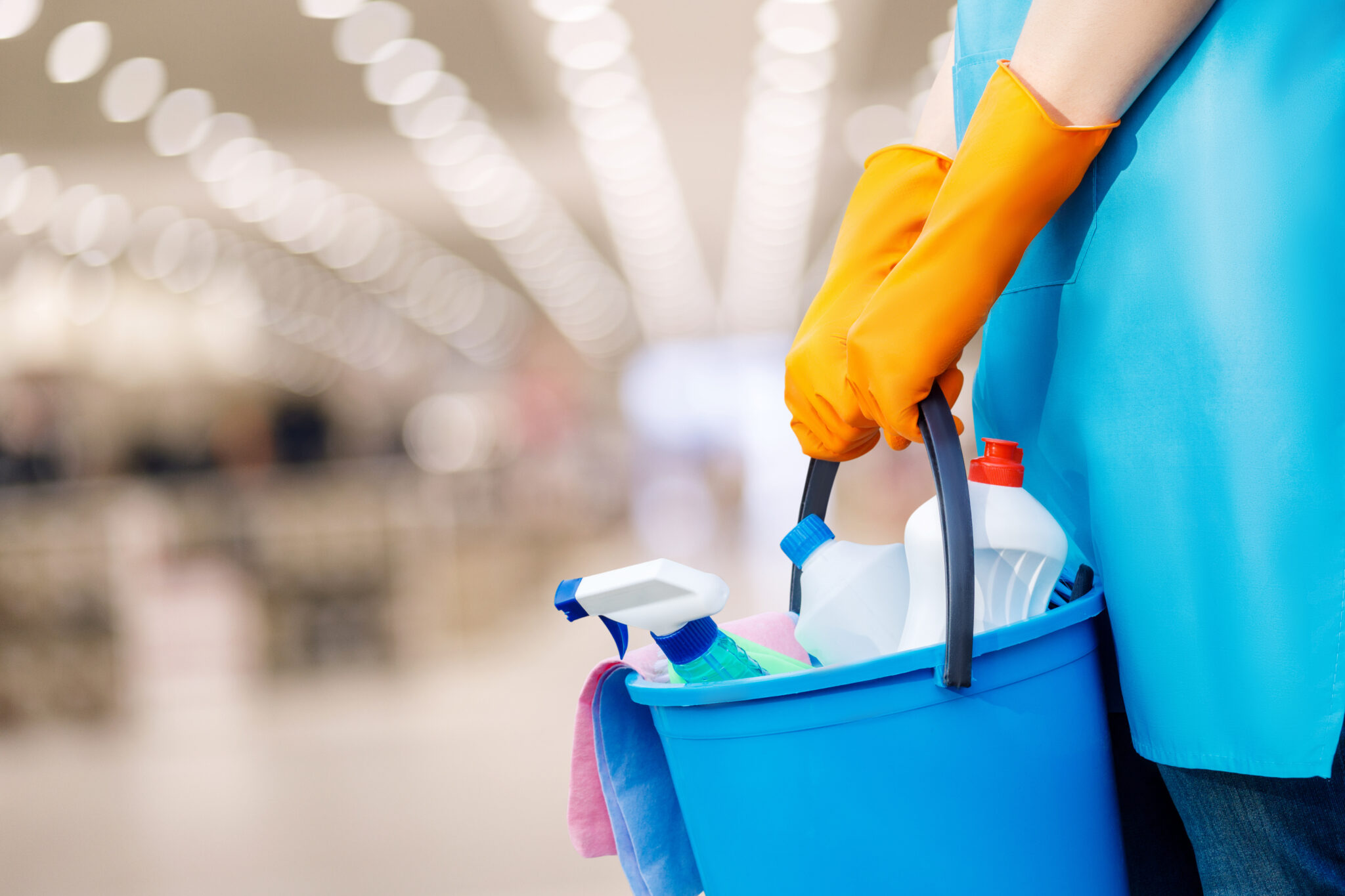
The Reality Behind Manufacturing Efficiency
The demand for industrial cleaning Singapore has grown substantially over the past decade as the city-state continues to position itself as a regional manufacturing and logistics hub. What many business operators fail to recognize until confronted with regulatory inspections or equipment failures is that industrial cleaning is not simply commercial cleaning applied to larger spaces. It represents a specialized discipline requiring specific equipment, trained personnel, and comprehensive understanding of both industrial processes and safety protocols. The stakes are considerably higher than in conventional cleaning, and the consequences of inadequate service extend well beyond aesthetics.
Singapore’s industrial landscape encompasses diverse sectors from food processing to semiconductor manufacturing, each generating unique contamination challenges. What works for cleaning a warehouse floor proves wholly inadequate for degreasing production machinery or removing chemical residues from processing equipment. This is not a matter of degree but of fundamental difference in approach and capability.
Why Standard Cleaning Falls Short
The distinction between commercial and industrial cleaning becomes evident when you examine what actually requires cleaning in industrial environments. Manufacturing facilities accumulate oil, grease, metal shavings, chemical residues, and various forms of industrial dust that standard cleaning methods cannot address effectively. Food processing plants face stringent hygiene requirements that demand specialized sanitization protocols. Logistics warehouses deal with accumulated grime from constant vehicle traffic and material handling.
Industrial cleaning in Singapore must also contend with the city-state’s regulatory environment. The Ministry of Manpower enforces workplace safety standards that require proper cleaning and maintenance. The National Environment Agency oversees environmental compliance, including proper disposal of industrial cleaning waste. Companies that treat industrial cleaning as an afterthought often discover these regulatory requirements the hard way, through citations, fines, or mandatory operational suspensions.
The Specialized Equipment Imperative
Professional industrial cleaning Singapore deploy equipment that most businesses neither possess nor could justify purchasing. The scale and power of this equipment reflects the challenges it must address:
- High-pressure water systems capable of 3000 PSI or greater for removing stubborn deposits
- Industrial-grade vacuum systems designed to handle hazardous materials and fine particulates
- Floor scrubbers and sweepers engineered for large surface areas and heavy soiling
- Steam cleaning equipment for sanitization and degreasing applications
- Specialized chemical applicators for various industrial cleaning agents
- Height access equipment for cleaning elevated areas in facilities with high ceilings
As one experienced industrial cleaning supervisor in Singapore noted during a recent industry forum, “The equipment we bring to a manufacturing facility represents several hundred thousand dollars in investment. Business owners sometimes question our rates until they understand what we actually deploy. You cannot clean industrial machinery with household cleaning products and a mop.”
The Safety Dimension
Industrial cleaning operations in Singapore involve inherent hazards that require trained personnel and proper safety protocols. Workers may encounter chemical residues, sharp metal debris, confined spaces, heights, and operating machinery. The Workplace Safety and Health Act places legal responsibility on businesses to ensure safe working conditions, which extends to cleaning contractors working on their premises.
Reputable industrial cleaning providers in Singapore maintain comprehensive safety training programmes and carry appropriate insurance coverage. They conduct risk assessments before commencing work and implement safety measures tailored to each facility’s specific hazards. This is not bureaucratic excess but essential practice that protects both workers and the businesses that engage their services.
The True Cost of Inadequate Cleaning
The temptation to minimize industrial cleaning Singapore expenses has proven costly for numerous Singapore businesses. Inadequate cleaning leads to equipment failures that halt production. It creates workplace hazards that result in injuries and liability. It fails regulatory inspections that can shut down operations. The accumulated cost of these consequences vastly exceeds what proper industrial cleaning would have cost.
Consider food processing facilities, where inadequate cleaning can lead to contamination events that require product recalls, damage brand reputation, and potentially cause public health incidents. Or manufacturing plants where accumulated grime causes equipment to overheat or malfunction, leading to production downtime that costs thousands of dollars per hour. These are not hypothetical scenarios but documented occurrences in Singapore’s industrial sector.
Frequency and Scheduling Considerations
The question of how often to schedule industrial cleaning services depends on several factors including the type of industrial activity, production volume, and regulatory requirements. Food processing facilities typically require daily cleaning of production areas and equipment. Manufacturing plants may implement weekly or monthly deep cleaning schedules supplemented by routine maintenance cleaning. Warehouses and logistics facilities generally require less frequent but still regular professional cleaning.
Many Singapore businesses have discovered that preventive cleaning schedules prove more economical than reactive cleaning after problems develop. Regular professional cleaning extends equipment life, maintains optimal operating conditions, and ensures continuous regulatory compliance.
Selecting Appropriate Service Providers
Not all industrial cleaning services in Singapore possess equal capability or reliability. The sector includes providers ranging from individual contractors with basic equipment to established companies with specialized divisions for different industrial applications. Business operators should verify that potential cleaning contractors maintain proper licensing, carry adequate insurance, employ trained personnel, and possess experience with their specific industry sector.
References from similar businesses provide valuable insight into a cleaning service’s actual performance versus their marketing claims. Site visits to observe their equipment and operational procedures reveal whether they can actually deliver the specialized industrial cleaning your facility requires.
The Bottom Line on Industrial Standards
Industrial facilities represent substantial capital investments that require proper maintenance to achieve their intended operational lifespans and performance levels. Cleaning is not ancillary to this maintenance but integral to it. Equipment operates more reliably when clean. Workers perform more safely in properly maintained environments. Regulatory compliance becomes straightforward rather than perpetually problematic. These outcomes justify the investment in professional industrial cleaning Singapore services.
